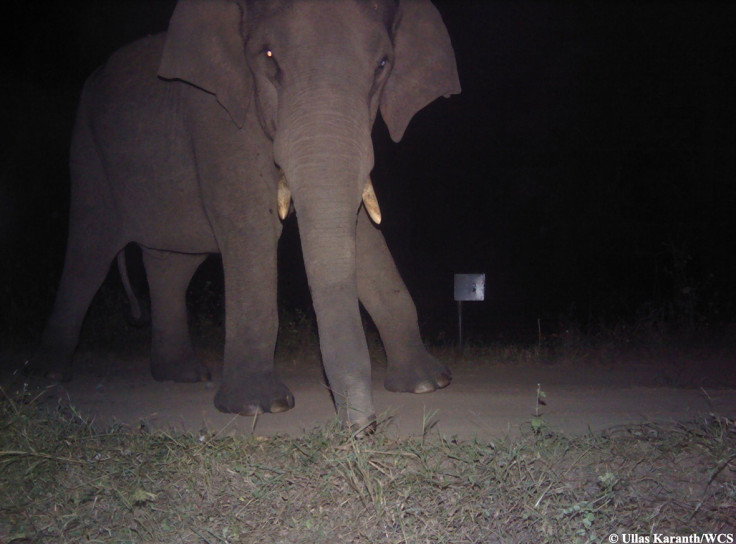Elephants, hippos and crocodiles clash with humans in drought-stricken Zambia
Food and water scarcity caused by drought has resulted in an increase in human-animal conflict in Zambia.
The shortage of food and water in many parts of Zambia has resulted in animals entering human settlements. Elephants are breaking fences and houses in search of food and water. Humans are forced to share scarce water sources with crocodiles. Animals like hippopotamuses are found roaming the streets after leaving their dried-up habitat. World Wildlife Fund is trying to mitigate the conflict in the region.
Regions in Zambia like the border town of Livingston, has seen an increase in altercations between wildlife and people. Locals reported that small groups of elephants often visit the town at night. The elephants enter the town in search of food and water. The starving and thirsty giants end up causing damage to human property.
Locals have blamed the elephants for trampling crops, fences, and breaking into homes. To protect their homes and their crops, people are arming themselves and organising night watches. During the night, men take shifts to stay awake and ward away any wild animals which enter the fields.

However, desperate wild animals have not been deterred by the efforts of the people. Instead of being scared away by the loud noises and lights, the animals get agitated and attack. On a number of occasions instead of running back to the forest, the elephants have charged. This has resulted in the death of some of the people who had taken up the dangerous task of guarding the fields and homes.
Humans are also forced to go dangerously close to crocodiles in search of water. The remaining water sources are infested with crocodiles that have taken shelter there. People drawing water have faced attacks from the hungry reptiles.
Reports of a hippos wandering the main roads of Livingston highlighted how dangerous animals are forced to come in contact with humans.
It is estimated that two million people in Zambia need emergency food aid. While in Zimbabwe, around seven million people need aid.
Chief executive of WWF Zambia, Nachilala Nkombo, blamed the conditions on climate change. Nkombo told Sky News that the drought situation has been getting worse. The problem is not an isolated issue, Nkombo said, climate change is a global issue which world leaders need to take note of.
WWF has been collaring elephants in Zambia. The collars are tracking devices which the organisation uses to trace the routes the elephants frequent. By studying the path that the elephants take, the government can create new corridors to prevent human-elephant clashes.
© Copyright IBTimes 2025. All rights reserved.





















